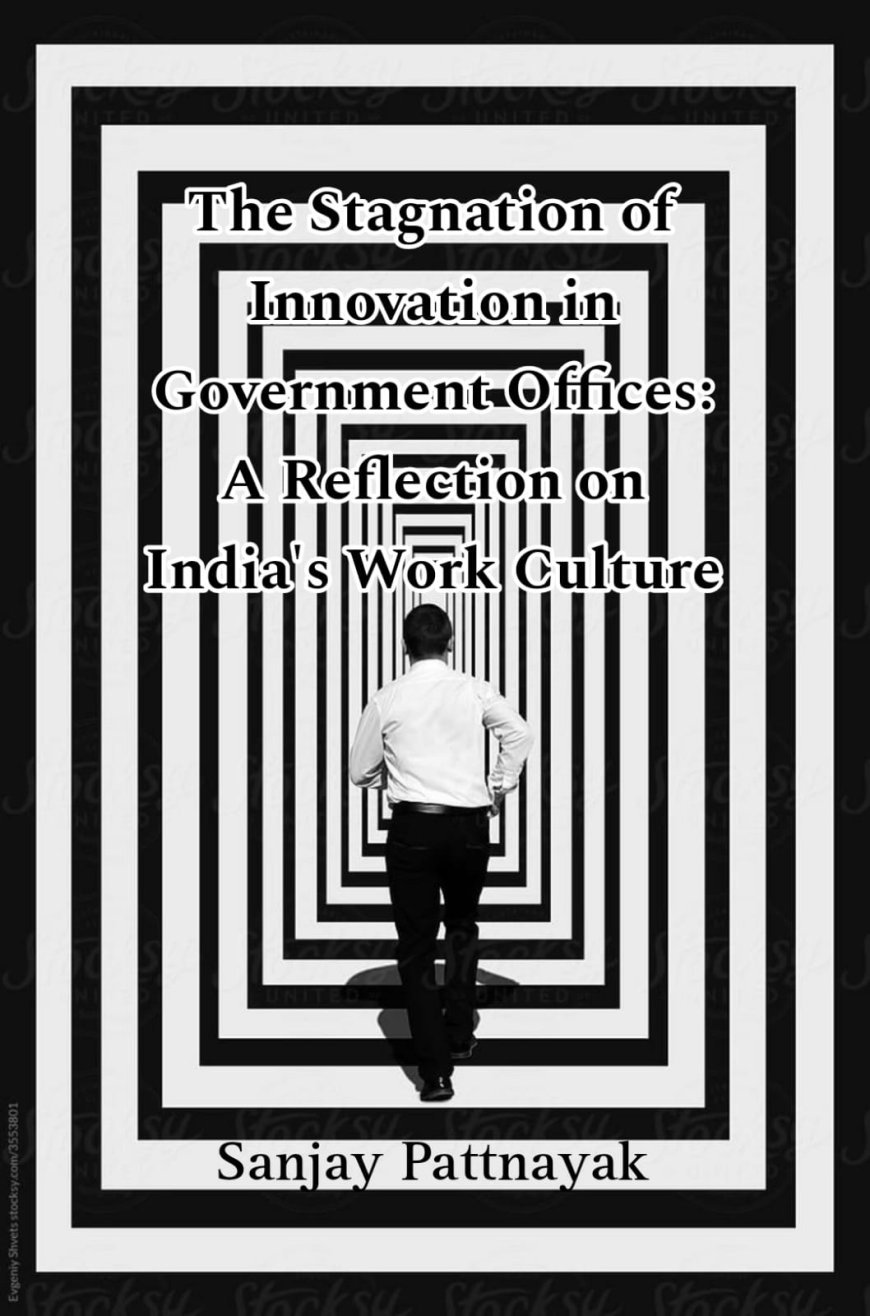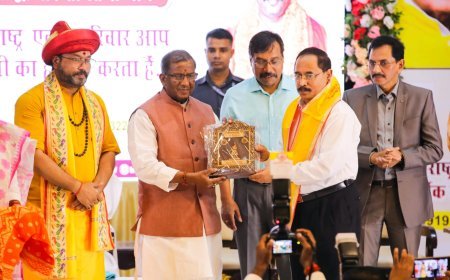The Stagnation of Innovation in Government Offices: A Reflection on India's Work Culture

Sanjay Pattnayak
Throughout my life, despite belonging to a family with a long history of working in government offices, I have never been drawn to the idea of a government job. While many of my relatives have dedicated themselves to public service across three generations, my ambitions have always led me elsewhere. Recently, however, I had the chance to visit a few state government offices, and the experience was eye-opening, reinforcing the belief that a traditional government job would never have suited me.
One thing that struck me, a constant across our schools, colleges, and government offices, is the sheer lack of innovation. The work culture in these institutions seems trapped in an outdated mold, characterized by routine paperwork, unnecessary delays in delivering services, and frequent meetings that result in no tangible outcomes. The COVID-19 pandemic, for all its devastation, did bring one positive change: it forced government employees to adapt to virtual meetings. Yet, this technological advancement, which had been available for years, was only reluctantly embraced because they had never been trained to work smartly or efficiently.
If we look back into our history, the British ruled India for 89 years. During their time, they introduced English in our education system, primarily to make Indians suitable for clerical jobs. The British never intended to nurture independent thinking; they wanted a workforce that followed instructions without question. Unfortunately, this mindset persists today in government offices. After nearly eight decades of independence, the work culture in many government offices still seems modeled on colonial expectations — unchanging, hierarchical, and stifling.
Even with handsome salaries after the 7th Pay Commission, government employees in India have not justified their compensation through efficiency or innovation. Ironically, corruption in government offices has reached new heights, with records of fraud and misconduct being broken regularly. The system seems to reward stagnation rather than accountability.
This issue of stagnation is rooted deeply in our education system as well. From a young age, children in schools are trained to copy and paste, rather than to think independently or critically. Teachers rarely encourage students to question or explore new ideas, and this slave mindset carries forward into adulthood, affecting both private and public sector jobs. Innovation is stifled, and the status quo is maintained — often at the expense of progress.
After 78 years of independence, there has been little change in our collective thought process. The bureaucracy remains bogged down in endless paperwork, not for the betterment of the public but perhaps to shield itself from accountability. The piles of files we see in government offices are a testament to this legacy of inefficiency — documents that represent inaction, delay, and avoidance rather than service to the people.
This leads me to ask a question that often lingers in my mind: Who will bring the change? It’s a million-dollar question. Can we ever break free from this mindset that has held us back for so long? Or will we continue to be trapped in a cycle of unproductive work culture, lack of innovation, and a legacy of clerical obedience that the British imposed on us over a century ago?
The change we need will not come from incremental adjustments or temporary fixes. It requires a fundamental shift in how we approach education, governance, and work. We need to foster independent thinking, promote efficiency over procedure, and most importantly, cultivate a sense of responsibility and accountability in our public servants. Only then can we hope to see a future where government offices are truly working for the people, and not merely serving the system that has long ceased to serve them.
The question remains open, but with awareness and a collective push for reform, we can begin to shape the answer.
Disclaimer:
The views and opinions expressed in this article on work culture in Government offices are solely my own and based on personal observations and experiences. They are not intended to criticize or offend anyone working in Government offices. I understand that every individual and office environment is unique, and I fully acknowledge the hard work and dedication many Government employees demonstrate daily. This article is meant to foster constructive discussion and reflection, not to generalize or target anyone personally. Please read with an open mind and consider it as a perspective, not a judgment.












































